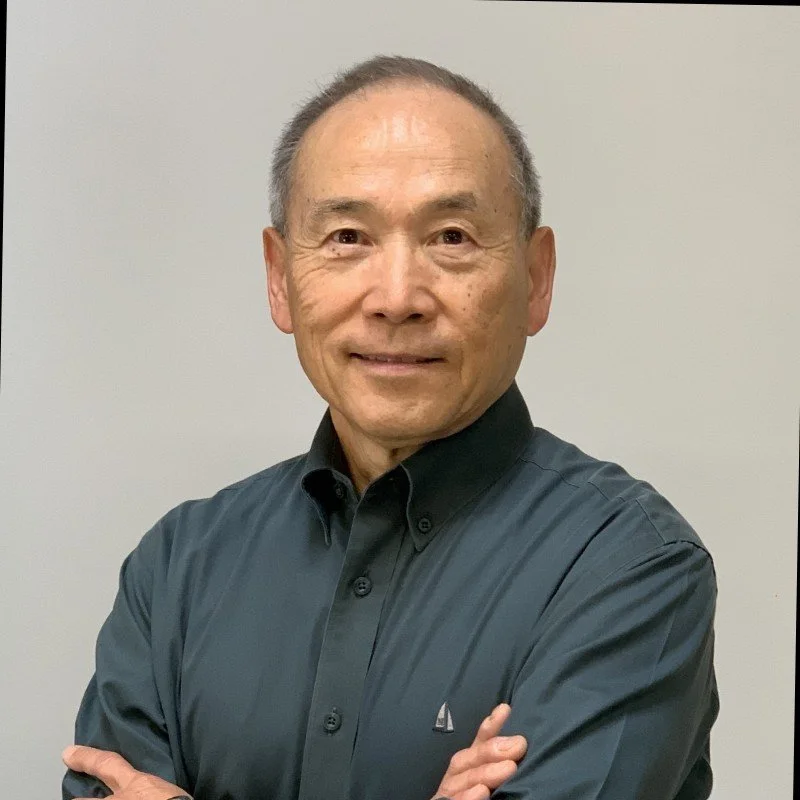103: Mund on Mars
In November 2020, Beth Mund and five other crew members lived, worked, and survived a simulated "Mars" mission at the HI-SEAS research facility on Hawaii's big island.
Now recently returned from Mars, Beth "unpacks" questions with her husband Chad, like, "What is an analog astronaut? Why Mars? Why do a mission like this, and what's been learned so far, and what's next?"
Here are some answers to Chad's questions beyond the podcast's conversation, in Beth's own words: "What is an Analog astronaut? Why are they important to our future missions to explore beyond Earth and our wonders in the universe?
An analog astronaut is a person who conducts activities in simulated space conditions. Ground-based studies involving analog astronauts are conducted by many laboratories, facilities, and research centers worldwide. Analog astronauts engage in a wide range of research such as human physiology, psychology, crew cohesion, exercise, nutritional studies, and testing cutting-edge science, technology, & engineering applications. Analog missions are recognized by NASA and are seen as an important part of space exploration. I was one of 6 ALL FEMALE crew members that included scientists, researchers, musicians, artists, doctors, Moms, active military service members, and writers! All professionals applied their science to the mission and the required science that was expected of us.
Why "Mars," or "why Hawaii?"
I stayed on the main island, Hawaii on top on Mona Kea volcano at the HI-SEAS research facility. It's run by the International Moon Base Alliance. It looks a LOT like Mars and has many features that are Mars-like! The terrain, the rocks, the cold weather, the remoteness, etc. Many people apply to be an analog astronaut as part of the NASA training and application to become an actual astronaut. Although so few are selected, it's extreme experiences like these analog missions that help showcase their ability to work and live in space with success. Often, astronauts will work to accomplish MANY analog missions. HI-SEAS is one facility that runs analog missions- there are others in the US and around the world. They are run and affiliated with different companies and institutions.
So why do this? What has been learned so far?
Living off Earth is HARD. Exploring takes guts and lots of being uncomfortable. I did this for my own personal reasons and for professional reasons, too. I'll be sharing the personal and professional in more detail in my blog, be sure to read it. What we've learned is that humans are difficult and fragile and it's beyond challenging to live in space and off-planet. But IT CAN BE DONE. It can even be fun at times. We have learned SO much from the ISS. Analog missions help us learn in detail (and in person!) about:
Geology and astrobiology
Physiological and psychological and sociological research
Technology testing
Engineering & Maintenance Systems
Outreach and
Research
(More details to read about these on the blog)
Here is some information about why we explore space, from my favorite science guy (and yours):https://www.youtube.com/watch?v=YnDt_DOZeLY
What’s next?
NASA is returning humans to the moon in 2024 with Artemis program. We’re going to the moon to STAY. We can learn what works well for living and surviving on the Moon close to Earth before were years away on Mars!
Mars changed me. Forever. In all kinds of ways. I use less water and electricity, (ha)! I have a deeper understanding of the overview effect and how precious our own earth is. I am still capturing lessons from my experience that make me stop in my everyday moments and realize how lucky we are- to be living on this planet- to be LIVING!
Here is some detailed information about the HI-SEAS facility: http://www.HI-SEAS.org
Here is some interesting information about an analog astronaut: http://www.analogastronaut.com/2018/08/what-is-analog-astronaut.html, and https://www.nasa.gov/analogs/what-are-analog-missions














